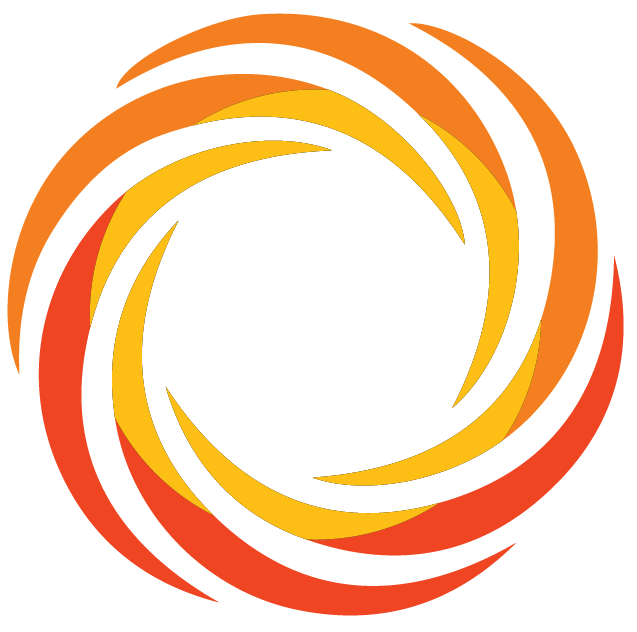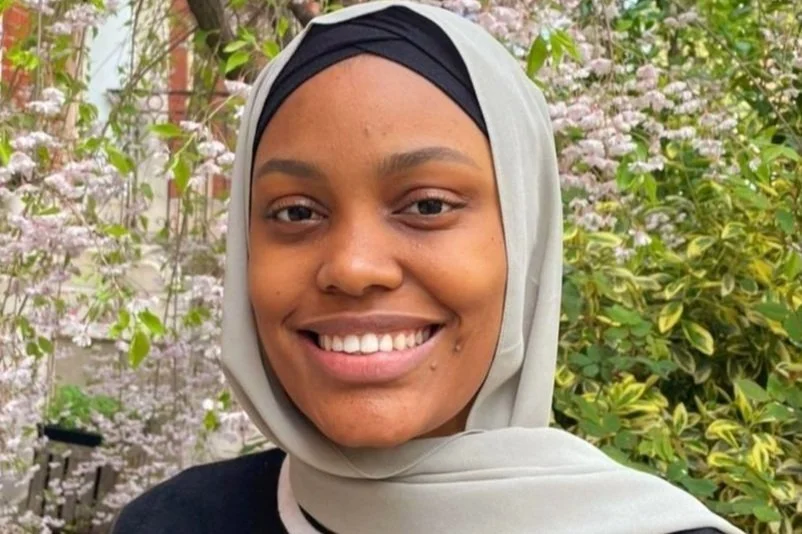Finding Belonging and a Sense of Community with Global Peers
Rahmah Davis, Connect Program Alumna
Morgan State University
Morgan State is a public research university in Baltimore, Maryland, and the biggest HBCU (Historically Black College and University) in the state. First partnering with Soliya in fall 2019, Morgan State has since engaged 172 students in the Connect Program.
In March 2021, Morgan State students and faculty spoke with Soliya team members Salma, Nahid, Asma, and Tyler about their virtual exchange experience. This interview with Rahmah Davis has been edited for length and clarity.
I'm a junior at Morgan State University, and I’m studying architecture and planning. Morgan State is in Baltimore city, and I grew up here until age 11. Then, when my parents had the opportunity to work internationally, I was in Kenya and Saudi Arabia for a little bit. I came back to the United States when I was applying to colleges. The best part was coming back to Baltimore and back to Morgan State.
How was your experience in the Connect Program? I always had international curiosity but those opportunities were lacking at Morgan State. It is a predominantly black institution, my peers are black, and there are only a few international students. The Connect Program really filled that void and allowed me to meet with international students around the world. My experience in the program was very special because I got to connect with people from Libya, Egypt, and all over the United States. I made friends with the people in my group, and we even started a Whatsapp group to stay in touch. It was really nice, especially during the really tough year that began last year.
In the beginning, internet connection was an issue. Not being able to see or hear them at times was frustrating. But that made me realize that not everyone lives in a country where wifi is accessible everywhere. It put into perspective how people lived and how I lived. I learned to take the time to be patient with my international peers.
What was it like engaging with your international peers in an online space? In the beginning, internet connection was an issue. Not being able to see or hear them at times was frustrating. But that made me realize that not everyone lives in a country where wifi is accessible everywhere. It put into perspective how people lived and how I lived. I learned to take the time to be patient with my international peers. Other than that, the other people in the group were Muslim, so I could connect with them more and see them: Oh my God yeah I’m a Muslim too, and an American! I wish I had more time with the group.
What makes virtual exchange and your experience in the Connect Program unique? The diversity and the element of surprise made my experience unique. Being in a group with people from all over the world randomly meant that you didn’t know what to expect in the program. That made the exchange a lot more interesting. If I knew I would connect with someone from a specific country, I would be preparing my questions for them. But going from the stage of the unknown to discovering they’re from Egypt or Libya was really cool, and then being able to create a natural connection with them is what made my virtual exchange experience unique.
Another favorite moment was learning that one of my groupmates lived on a farm in America. For someone outside, you always see America as urban. But this student, she came late, and the first thing she said was “my cow just gave birth and so that’s why I came late”. These real-life experiences that we would share randomly with each other was one of my favorite things.
What has been your favorite moment? One of my favorite moments was the last session and saying goodbye. Someone said “my first impression of Rahmah was that she was goofy”, and it was nice to think ``oh really you thought I was goofy? It was nice to connect on a more personal level at the end.The end was bittersweet because we would tell little stories or share our impressions of one another.
Another favorite moment was learning that one of my groupmates lived on a farm in America. For someone outside, you always see America as urban. But this student, she came late, and the first thing she said was “my cow just gave birth and so that’s why I came late”. These real-life experiences that we would share randomly with each other was one of my favorite things.
What are some of the other things you learned through your participation in the Connect Program? I learned how to be a listener, first, before reacting. Being in the virtual setting, you had to mute and unmute, so giving the time for the person to get out all their thoughts and take the time to express how they feel meant that we just listened and nodded until it was time for us to speak. You can really hear what someone said.
Sometimes it’s hard to be myself. I try to be this educated person who uses big words, but that’s not who I am. I mess up sometimes, I like being goofy here and there. The Connect Program gave me an opportunity to be myself.
As architects or designers, we must be listeners. Architects design more than just buildings -- they design spaces and connect people. To do that, we have to listen to what the people want. We can’t go to a community and tell them what they need. Before we are designers, we should be listeners. We should know what the people want and be compassionate.
I would consider myself an extroverted person, but sometimes it’s hard to be myself. I try to be this educated person who uses big words, but that’s not who I am. I mess up sometimes, I like being goofy here and there. The Connect Program gave me an opportunity to be myself. I’m trying to take the philosophy of ‘come as you are’ and hold on to that, and learn that when I’m doing interviews or being on panels, I can be who I am. That’s what the Connect Program started for me.
What are some of the common misconceptions you thought your international peers would have about you and did you think those changed? I think my being black and Muslim was a little surprising and interesting to my group because some international students may have thought I was more African. They didn’t think there were black Muslims in America, and they thought that was only in Sudan or Senegal. My American groupmates probably thought the same thing. Being black and Muslim, you definitely have to answer “so where are you from?” and I’m thinking, what do you mean, where am I from?
As an American, I had a misconception about Americans. I had the misconception that Americans lived in cities.
Did you have any misconceptions about your groupmates? As an American, I had a misconception about Americans. I had the misconception that Americans lived in cities. I couldn’t wrap my head around the student living on a farm in America, doing farm work. She would talk about how she was in a truck race, and I thought that’s only something I would see in a show or movie. It made me want to be her friend.
What advice would you give for future Connect Program participants?
Be yourself, and come as you are. You have a story that no one else has.
Interested in exploring the world, sharpening your skills, or advocating for your community? Learn more


